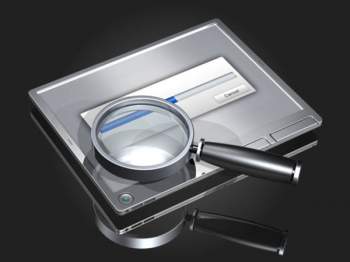
Initiating a Case Search

What is a Case Search?
A case search refers to ability to pull-up previously rendered court decisions and evaluates the intricacies as well as the verdicts of the particular case. A case law search may be initiated by an individual or legal professional; the majority of cases and their subsequent ruling are kept on public record to act as precedents for future case hearings. A case law search is a fundamental tool of the judiciary system, where legal professionals and individuals alike can observe the specifics latent in any case to ultimately apply them to their particular legal matter.
A case law search will benefit individuals or legal professionals who undertake or are required to undertake a legal battle. The ability to observe previously-rendered court decisions and the intricacies which surrounded the particular legal matter will aid in constructing an argument (whether for the defense or the prosecution) to better understand the subject matter of the case. Furthermore, a case law search will increase your probability of winning or receiving a favorable settlement; the ability to review a past case will invariably deliver a precedent or ruling which can be applied to a current legal matter.
How to Initiate a Case Search:
The first step to conducting a case law search requires you to read all available information and intricacies concerning your case. The obtainment of this information will help determine what path you need to follow to engage in your case search. A case law search is typically conducted at your local law library; the majority of verdicts or judgments of a legal matter in a local court system is kept in the archives of legal libraries within the jurisdiction or locality where that particular hearing was held.
The majority of counties throughout the United States have law libraries. Additionally, all law schools throughout the United States are required to have a law library on or near campus, which will store an assortment of precedents and previous cases. As a result of these locations, a case law search must be initiated in a forum or location that houses the tangible books, which compile previous cases.
When you arrive at your particular law school or law library, you must search for a series of numbers and letters that take this form: 86 N.Y 3d 130, 651 N.Y.S. 3d 914 (1991). This example of a citation can be used as a formal address to find the particular case—these numbers tell you two different books, which will provide pertinent information given your inquiry. In this example, if you look on page 130 of volume 86 of the New York Reports, 3rd series, you will find the case you are looking for. The second address in this citation refers to volume 651 of the New York Supplement’s, third series page 914. The year 1991, refers to the date that the case was decided.
You must keep in mind that each state will label its books by different classifications or names, so asking a librarian what the lettering system is will help facilitate your search. In addition to finding cases in your particular library, you can also conduct a case law search online; a case search may be initiated online through law school sites or various law sites.
NEXT: The Salt Lake City Olympic Scandal





















